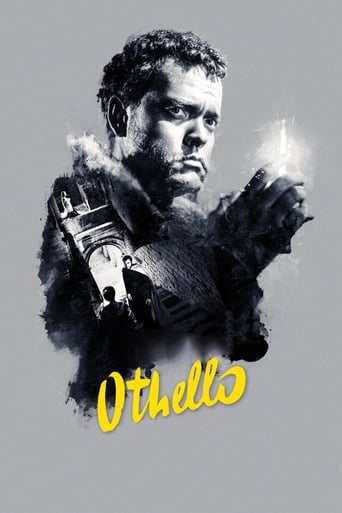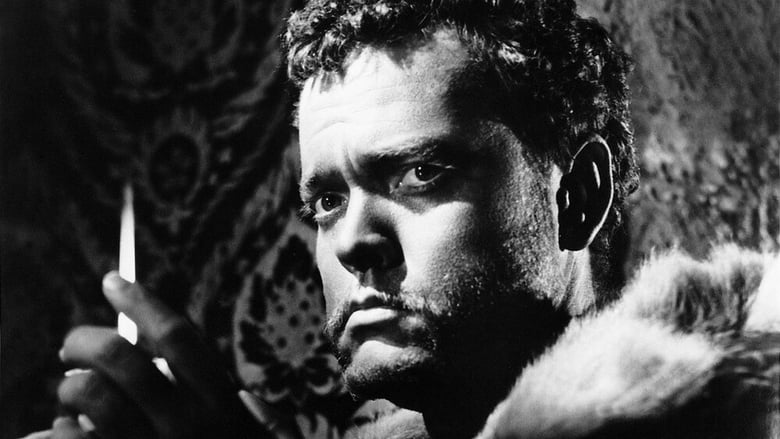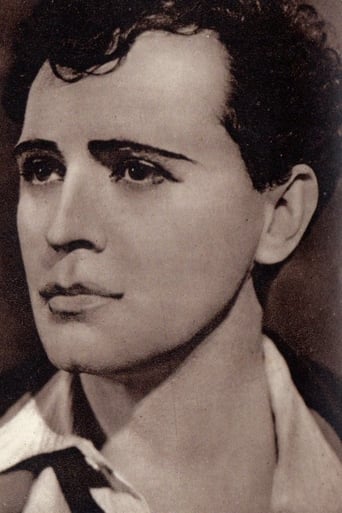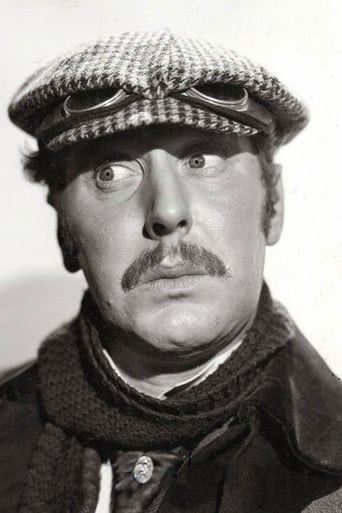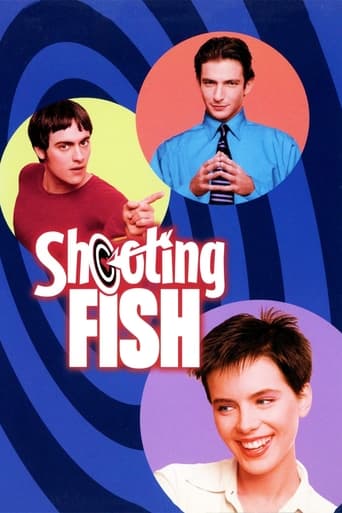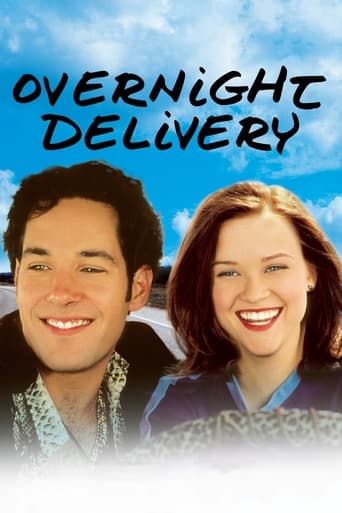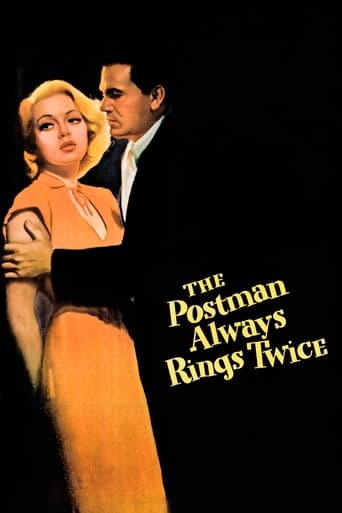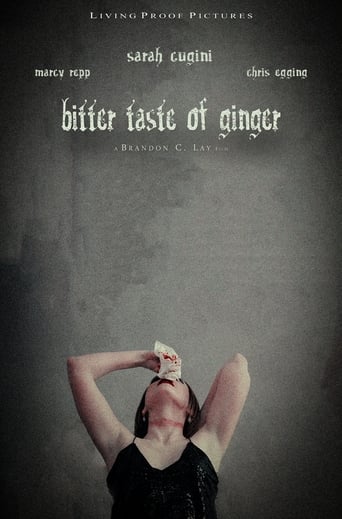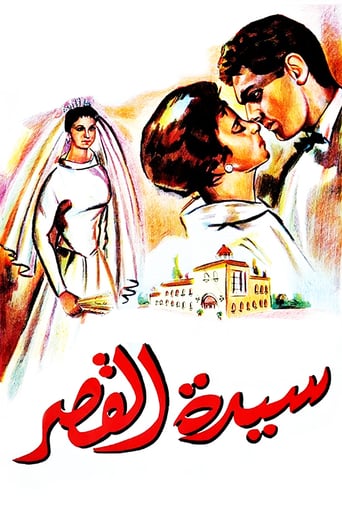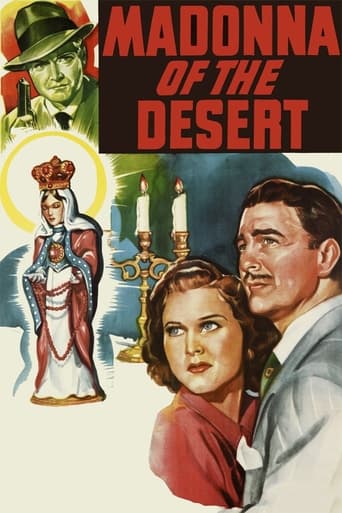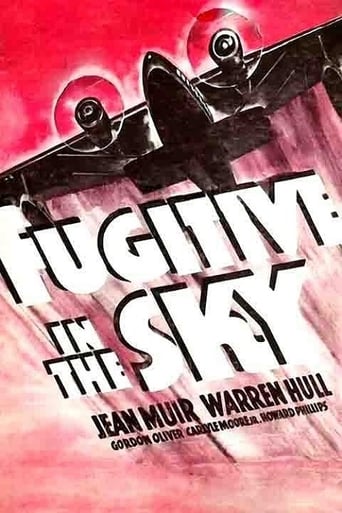Othello (1951)
When a secret marriage is planned between Othello, a Moorish general, and Desdemona, the daughter of Senator Brabantio, her old suitor Roderigo takes it hard. He allies himself with Iago, who has his own grudge against Othello, and the two conspire to bring Othello down. When their first plan, to have him accused of witchcraft, fails, they plant evidence intended to make him believe Desdemona is unfaithful.
Watch Trailer
Cast
Similar titles
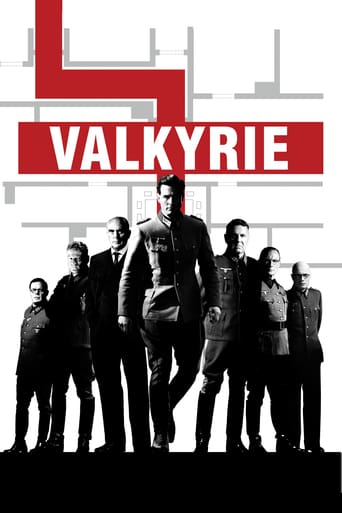
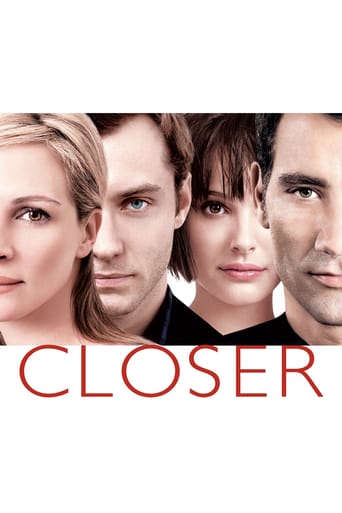
Reviews
You won't be disappointed!
Such a frustrating disappointment
Absolutely Fantastic
The film creates a perfect balance between action and depth of basic needs, in the midst of an infertile atmosphere.
Considering that Orson Welles's debut feature, Citizen Kane (1941), is often cited as the best film of all time in critic lists for the past few decades, his subsequent film career was erratic to say the least. From studio interference and in cases re-editing, to funding problems, his film output was sparse, but his status as a true genius in the medium has never dissipated. Othello (his second Shakespeare adaptation, after 1948's Macbeth), was shot over a three year period largely due to the forthcoming bankruptcy of the films Italian backers, which closed production, but extra funding came from Welles himself, who used money made from acting jobs. But with the capricious production a rich and beautiful film of the Shakespeare tragedy was brought to the screen.My knowledge and relationship with the work of the Baird is very limited. Outside of the cinema I have read 'Macbeth' and 'King Lear', and I saw a fringe production of Macbeth at the Battersea Arts Centre starring Corin Redgrave. Aside from these very narrow experiences, my other connections with the material is through film (which again mostly centre on Macbeth - Throne of Blood (1957), or Roman Polanski's version, - or Baz Luhrmann's Romeo + Juliet (1996)). Therefore my knowledge of the text of Othello was set at absolute zero, resulting in a fresh experience of the intricacies of the plot, and the relationships between the characters.The story involves four central characters. Welles plays the title character, a Moorish General to the Venetian army, his wife Desdemona (Suzanna Cloutier) whom he secretly married, his lieutenant Cassio (Michael Laurence), and his ensign Iago (Michael MacLiammoir). After displaying his charm to the detractors off Othello and Desdemona's marriage, convincing them that he did not win her love through witchcraft, but through fantastical stories. A web of deceit builds within these characters, as they all tussle for control of both the situation and the affections of Desdemona. As the complexities of all the relationships begin to fuse, and the rage and jealousies of Othello erupt, Desdemona's want for individuality and freedom from male dominance leads to bloody conclusions.With the erratic production came some incredible choices of production design. Filmed in Morocco, Italy and Venice, Welles made fantastic use of real locations, giving the images some urgency and architectural splendour. Filmed in black and white, the images justify the filmic function as light and shadow, the bright whites contrasting with the strong and powerful shade and silhouette. In the opening scene, the funeral procession moves in stark contrast to the burning sun in the sky. It is beautifully shot, utilising the remnants of building and the weaving canals through the structures of Venice, it is (I assume) a wonderful introduction to this very elaborate and involving narrative. Now I think I need to read some more Shakespeare.www.the-wrath-of-blog.blogspot.com
Some years ago I saw a comedy acting troupe called The Reduced Shakespeare Company, who would perform a series of sketches on the bard's work. This culminated with a three-minute version of Hamlet – a few key lines blurted out (plus a few they made up), characters hurrying on and off, but every strand of the plot just about accounted for. It was a good laugh. When I see this screen adaptation of Othello from half a century earlier, it feels like I'm seeing more or less the same thing. Except it isn't funny.This is one of a number of productions which star and director Orson Welles had trouble getting off the ground. As such it was filmed in bits and pieces, very much on the cheap. Perhaps Welles also had trouble getting permission to film in certain places, as every scene seems incredibly rushed, as if cast and crew were eager to wrap up. And the amount of editing going on suggests that perhaps Welles was using cameras that wouldn't hold more than two feet of film. There's a section of voice-over narration about ten minutes in where there is a cut every two words or so. It looks like a joke.Welles knew what he was doing of course, and there is some kind of method to all this. When Othello makes his first appearance (shortly after the aforementioned voice-over sequence) we do at last get a slightly longer take, which gives an air of power and dignity in contrast to the rush of what went before. But Welles gets the balances wrong. Most of the movie is too fast, too choppy. The actual images are some of the most breathtaking Welles ever shot (and that is saying something), beautifully baroque compositions of shadow and architecture, but a motion picture must be more than a series of pretty pictures.The principle victim of this hurried version of Othello is probably Shakespeare himself. Shakespeare's dialogue, for all its brilliance, can be hard going on an audience at the best of times and it takes skilled interpretation to bring it to life. By condensing the play and rushing the performances, Welles has actually made it more impenetrable. In short, this one is probably only of interest to the Welles fanatics. Don't see it if you want to know Othello. It simply doesn't do the bard justice.
I first saw the movie in junior college in a special screening my film instructor gave. He showed a rather dark black and white 16mm print. Even in that dark form I could see it was one of the most beautiful b&w films ever shot. It has since been restored, the picture now bright and beautiful. It's worth seeing for the photography alone, but it has so much more. If you're reading this you may know at least something about the history of this film, but in a nutshell it was made across 4 years, from 1949 to 1952, because Welles financed the film himself and whenever he ran out of money he would go act in other films to raise the money to reassemble the cast and continue. Some conversations would have one character talking with the reverse shot of the other actor being shot three years later! You never notice it! It's just a stunning achievement considering the difficulty he had in making the film that it even got finished let alone be as excellent a film as it is. If you've never seen filmed Shakespeare, this is a great place to start. I'm sure purists would complain since the text is quite edited, but Welles uses his own narration in fairly modern English to make the story easy to follow. As Othello, Welles is believable, regal and in the end, chilling and sad. He brings the man to life. The rest of the cast is outstanding, including Micheal MacLiammoir as a cunning and wicked Iago, and Canadian actress Suzanne Cloutier, giving an absolutely heart wrenching performance as Desdemona. The deathbed murder scene between Welles and Cloutier has powerful emotional impact. I believe this version of the story outshines the 1996 adaptation with Laurence Fishburne and Irene Jacobs, even though the newer film sticks closer to Shakespeare's text. Kenneth Brannagh was a good Iago, and the film has a wonderful score by CHarlie Mole, but Welles version is better paced and it hit me more emotionally.This restoration of Welles' Othello was a labor of love for the people that had to track down the film elements and try and reconstruct what Welles originally intended. Unlike Welles' "Touch of Evil," which was re-edited by the studio and compromised in the process, Welles' owned "Othello" so the version that got released was his. Unfortunately, he was severely let down by the sound department. The original track was muddy, some voices had sync problems, and the music was badly recorded. The restoration crew cut out the dialog line by line, re-cut it to match the mouth movements, redid the Foley and all sound effects, and rerecorded Francesco Lavagnino's bold score in the exact tempo of the original recording. The final result is pretty amazing. And though this is not really the definitive version since Welles is no longer here, it's probably as close as we'll ever get to what the film could have been, if Welles had more money and time. Even so, back in 1952 it won the Palm d'Or at Cannes in its original form. Orson Welles' "Tragedy of Othello" is beautifully filmed Shakespeare with a strong cast. I believe it lives up to its reputation as one of Welles' finest efforts. For fans of Welles and Shakespeare, you'll probably find much to appreciate.
What an incredible movie! There have been many brilliant directors -- Coppola, Huston, Pekinpah, Spielberg, to mention but a few -- but there is only one Orson Welles. In Othello, the Great Master towers above all others in an impressive tour-de-force. This sparkling production combines the greatest genius of literature and the greatest genius of film. The result... Shakespearean film noir. Amazing cinematography and editing that will take your breath away. One brilliantly composed shot after another. Tremendous acting and direction. Atmospheric drama so visceral and intense it creates the "Wow!" effect. Welles' artistry is pure genius and reminiscent of Michelangelo. A truly great masterpiece.
